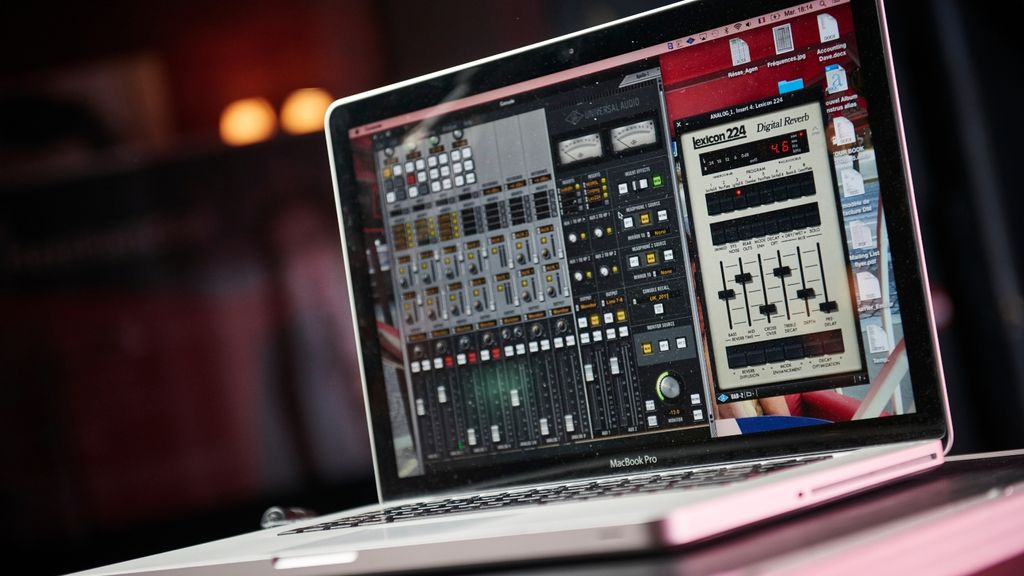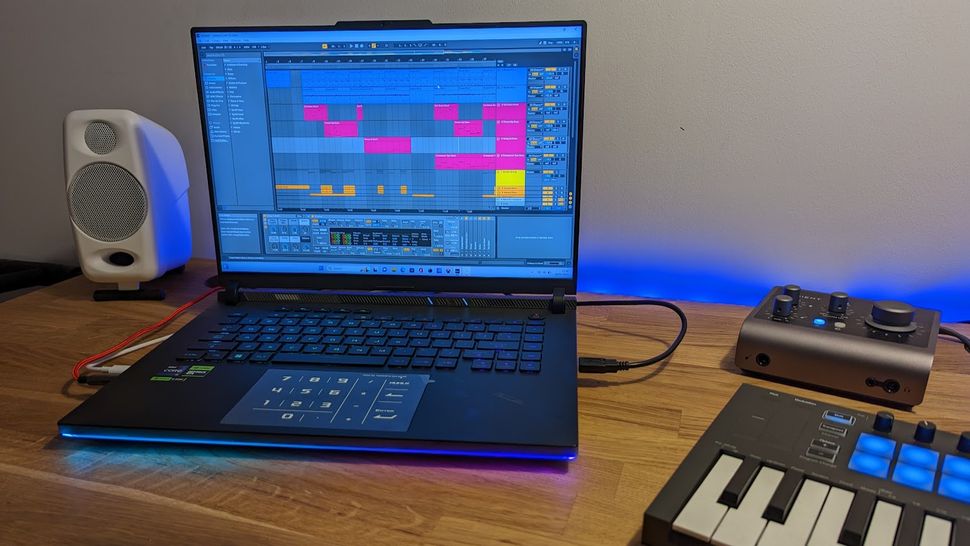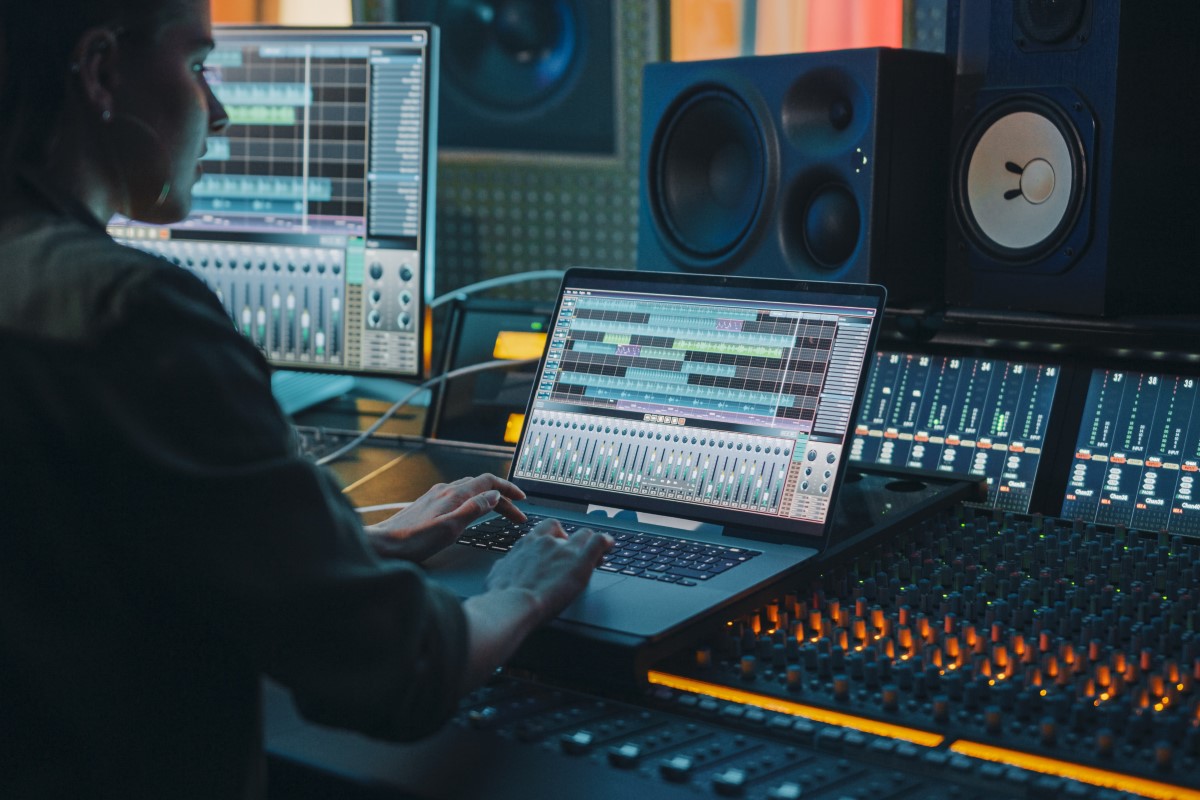Best Laptops For Music Production
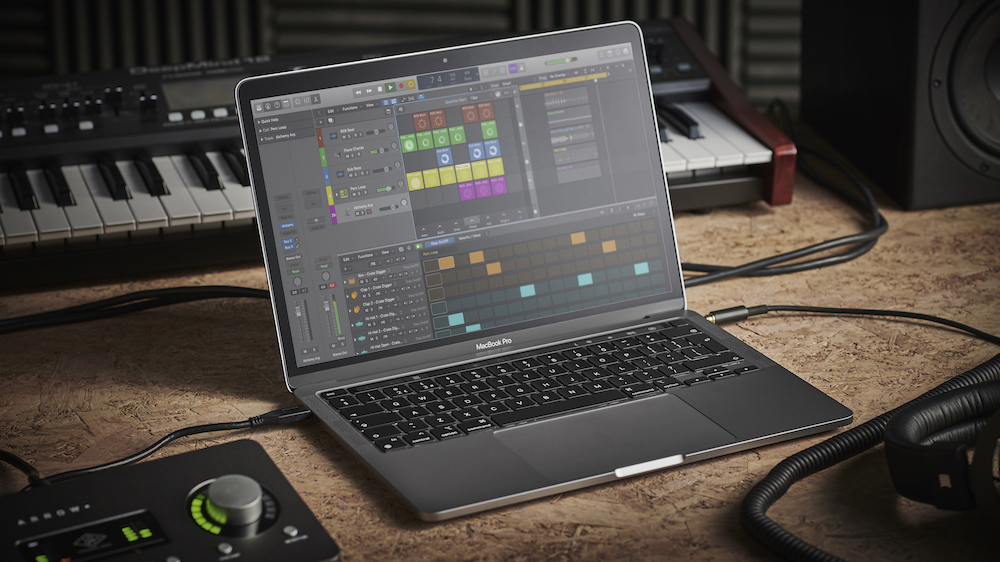
Let's face it: Music production can be expensive. From software to instruments, the costs add up. But a killer laptop doesn't have to break the bank.
This guide is for the budget-conscious producer, the bedroom beatmaker, the artist who prioritizes value above all else. We'll cut through the marketing fluff and focus on what truly matters: performance, reliability, and affordability.
Why Your Laptop Matters (Even on a Budget)
Your laptop is your studio. It's where creativity flows, tracks get layered, and masterpieces are born. A sluggish machine can kill inspiration faster than you can say "latency issues".
We need a laptop that can handle demanding DAWs, hefty sample libraries, and a multitude of plugins without costing a fortune.
The Bargain Hunter's Shortlist: Laptops That Won't Break the Bank
Here are a few options for different budgets, optimized for music production on a shoestring:
- The Ultra-Budget Beat Machine (Under $500): Used Lenovo ThinkPad (T-series) or Dell Latitude
- The Sweet Spot ($500-$800): Acer Aspire 5 or HP Pavilion
- The "I'm Willing to Stretch a Little" Option ($800-$1200): Apple MacBook Air (M1) or ASUS Vivobook OLED
Detailed Reviews: Unearthing Hidden Gems
Used Lenovo ThinkPad (T-series) or Dell Latitude (Under $500)
Don't underestimate the power of a refurbished business laptop. These machines are built to last and offer incredible value.
Look for models with at least an Intel Core i5 (6th generation or newer) or equivalent AMD Ryzen processor and 8GB of RAM. Upgrade the storage to a solid-state drive (SSD) for a huge performance boost.
Pros: Extremely affordable, durable, good keyboard. Cons: May require some DIY upgrades, shorter battery life, not the prettiest.
Acer Aspire 5 or HP Pavilion (The Sweet Spot: $500-$800)
These laptops offer a good balance of price and performance. Look for configurations with at least an AMD Ryzen 5 or Intel Core i5 (11th generation or newer), 8GB of RAM, and a 256GB SSD.
These are adequate for many production tasks. They won't handle the most demanding projects flawlessly, but they offer a smooth experience for most users.
Pros: Good value, decent performance, readily available. Cons: Can feel a bit plasticky, screen quality may be average, limited upgradeability.
Apple MacBook Air (M1) or ASUS Vivobook OLED (The "I'm Willing to Stretch a Little" Option: $800-$1200)
The M1 MacBook Air is a game-changer for budget-conscious Apple fans. The M1 chip delivers incredible performance and battery life.
The ASUS Vivobook OLED offers a stunning display and solid performance. The OLED screen makes it perfect for visual tasks such as graphic design and video editing.
Pros (MacBook Air): Excellent performance, long battery life, macOS ecosystem. Cons (MacBook Air): Limited ports, can get pricey with upgrades.
Pros (Vivobook OLED): Beautiful display, good performance, decent value. Cons (Vivobook OLED): Battery life could be better, ASUS software can be intrusive.
Side-by-Side Specs and Performance Scores
Here's a comparison of key specs and estimated performance scores for each laptop:
| Laptop | Processor | RAM | Storage | Geekbench 5 (Multi-Core) | Cinebench R23 (Multi-Core) |
|---|---|---|---|---|---|
| Used ThinkPad/Latitude | Intel Core i5 (6th gen+) | 8GB | 256GB SSD | ~2500 | ~600 |
| Acer Aspire 5/HP Pavilion | AMD Ryzen 5/Intel Core i5 (11th gen+) | 8GB | 256GB SSD | ~4000 | ~800 |
| MacBook Air (M1) | Apple M1 | 8GB | 256GB SSD | ~7500 | ~1500 |
| ASUS Vivobook OLED | Intel Core i5 (11th gen+) | 8GB | 512GB SSD | ~4500 | ~900 |
Note: Performance scores are estimates and can vary based on specific configurations.
Customer Satisfaction Survey Data
Based on customer reviews and satisfaction surveys, here's a general overview:
- Used ThinkPad/Latitude: High satisfaction with durability and value, lower satisfaction with aesthetics and battery life.
- Acer Aspire 5/HP Pavilion: Moderate satisfaction across the board, with some complaints about build quality.
- MacBook Air (M1): Very high satisfaction with performance and battery life, lower satisfaction with port selection.
- ASUS Vivobook OLED: High satisfaction with display quality, moderate satisfaction with battery life.
Maintenance Cost Projections
Here's a rough estimate of potential maintenance costs over a 3-year period:
- Used ThinkPad/Latitude: $50-$150 (Battery replacement, potential repairs).
- Acer Aspire 5/HP Pavilion: $50-$100 (Potential battery replacement).
- MacBook Air (M1): $100-$300 (Potential battery replacement, AppleCare is recommended).
- ASUS Vivobook OLED: $50-$100 (Potential battery replacement).
Key Takeaways
Choosing the best budget laptop for music production is about balancing performance, reliability, and cost. Consider your specific needs and workflow before making a decision.
Don't be afraid to consider used or refurbished options. Upgrading components like RAM and SSD can significantly improve performance.
M1 Macbooks are now the defacto standard of performance. Other laptops may be cheaper, but a Macbook may give you the most processing power per dollar.
Ready to Make Some Noise?
Now that you're armed with this knowledge, it's time to start your search. Click on the links in each description to start shopping around and see if one of the options meets your production needs.
Frequently Asked Questions (FAQ)
Q: Do I really need 16GB of RAM?
A: 8GB is often sufficient for basic music production, but 16GB provides more headroom for larger projects and more plugins. If it is possible, this upgrade is definitely recommended.
Q: Is a dedicated graphics card important?
A: Not necessarily for music production. Integrated graphics are usually sufficient. A dedicated GPU might be helpful if you also do a lot of video editing or graphic design.
Q: What about storage? SSD vs. HDD?
A: Always go with an SSD. The speed difference is night and day. A 256GB SSD is a good starting point, but 512GB is ideal.
Q: Can I use a Chromebook for music production?
A: Chromebooks are limited in terms of software compatibility. Some web-based DAWs might work, but they're generally not recommended for serious music production.
Q: How important is the processor?
A: The processor is the heart of your system. More processing power is especially important for intensive production software. Always aim for the newest and fastest processor that your budget can buy.
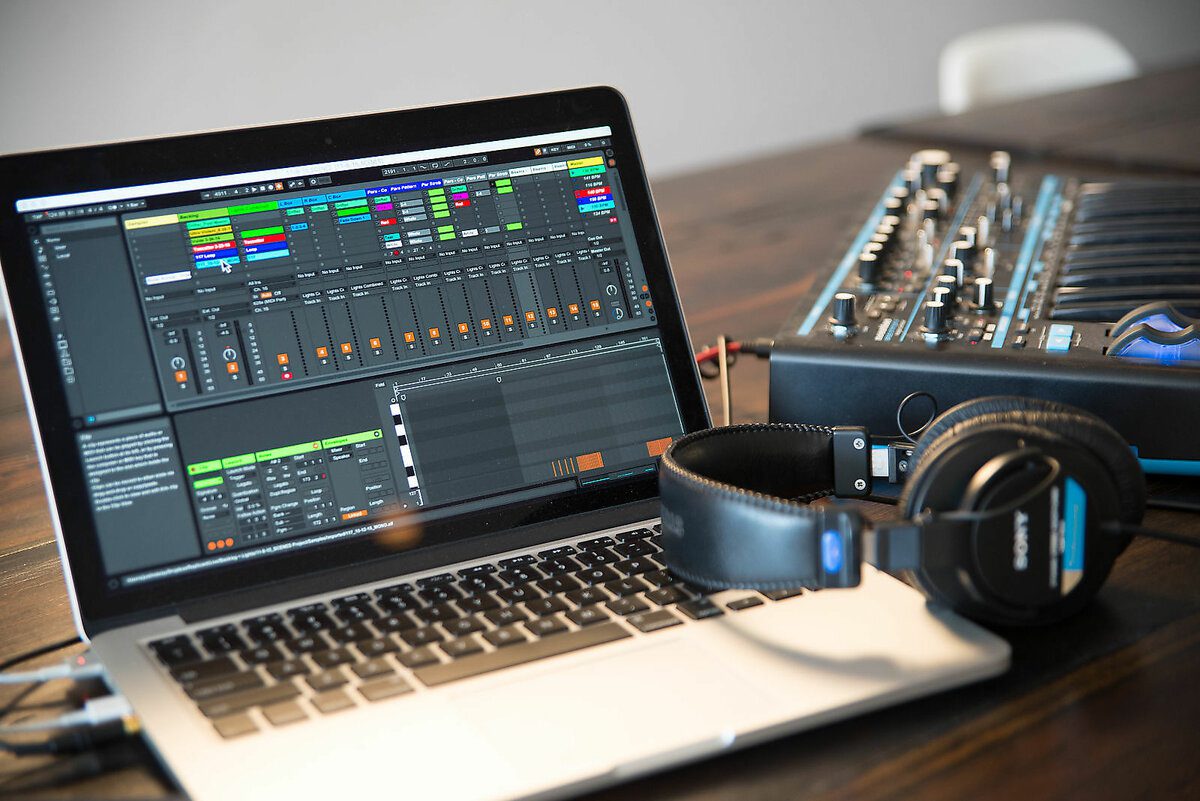

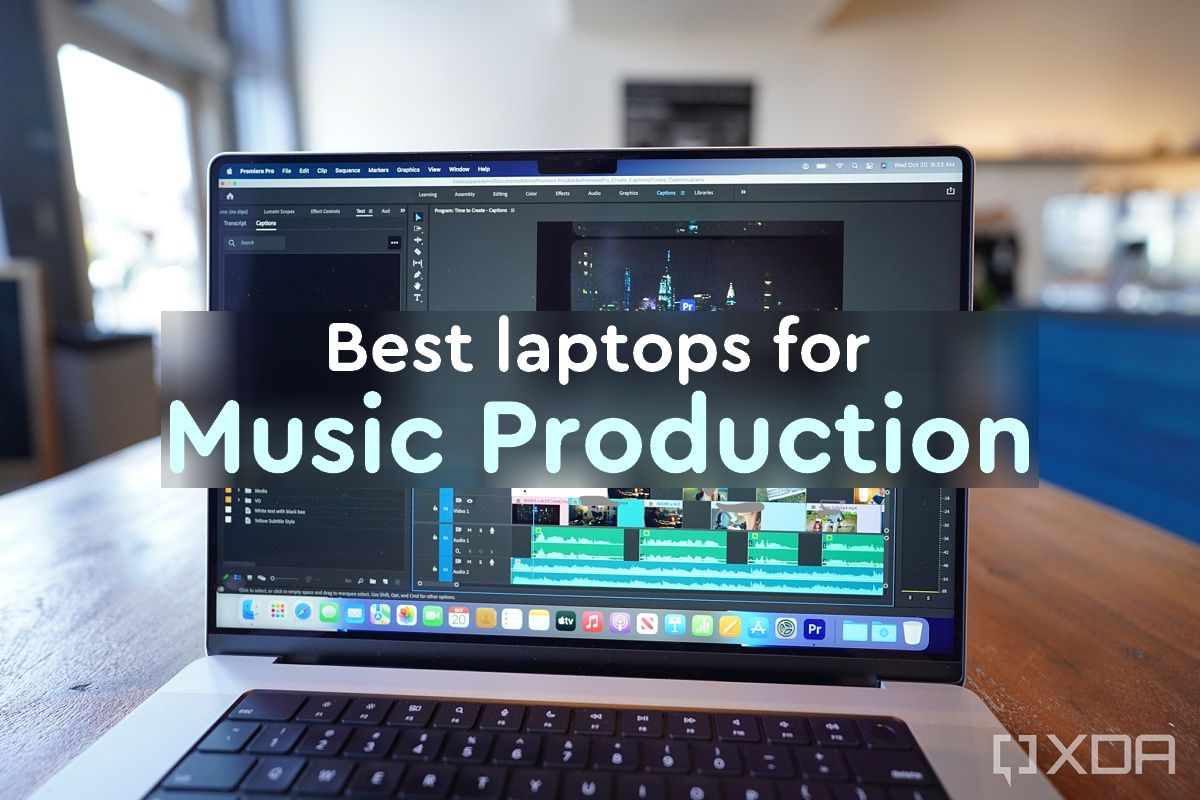

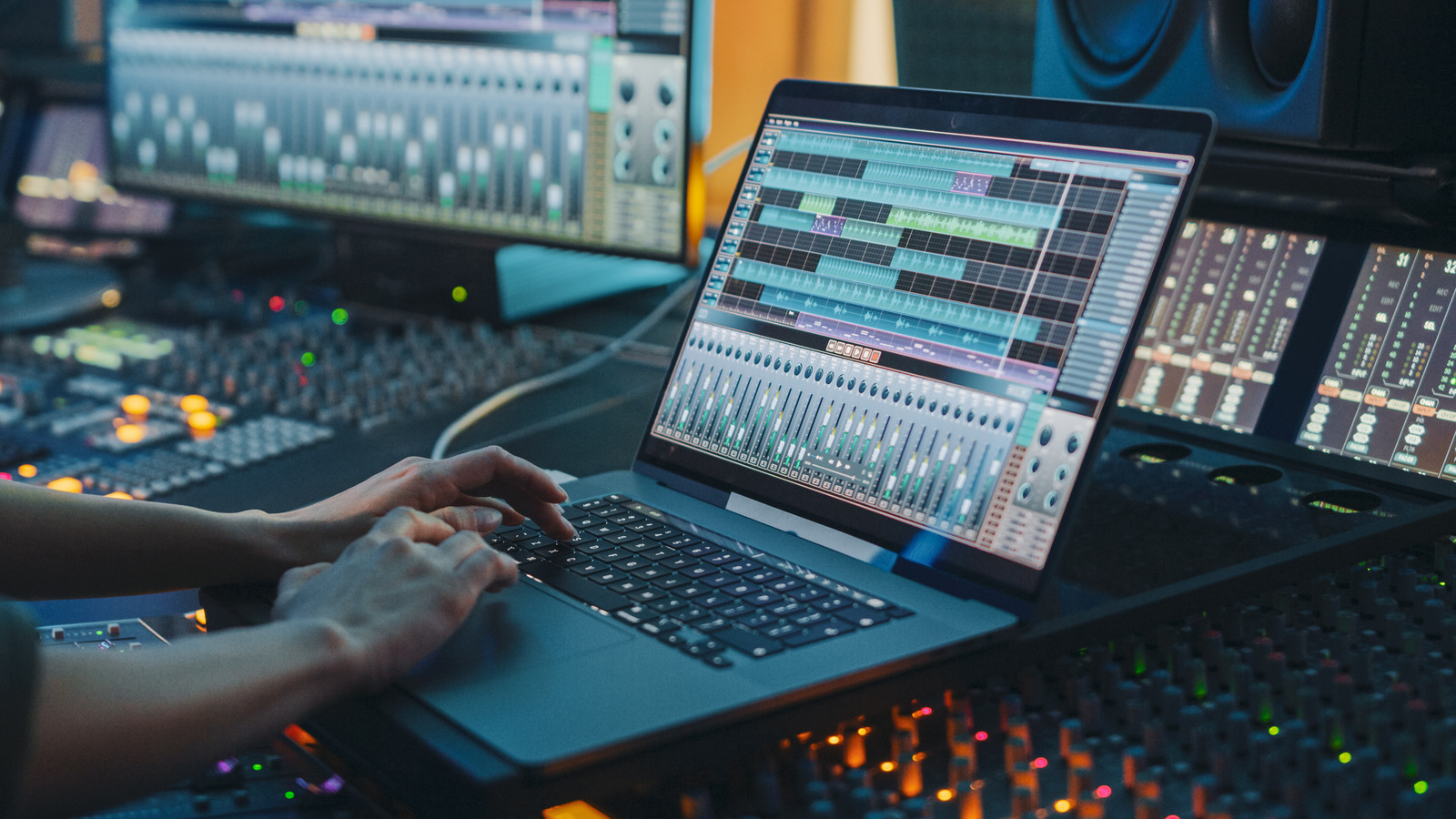
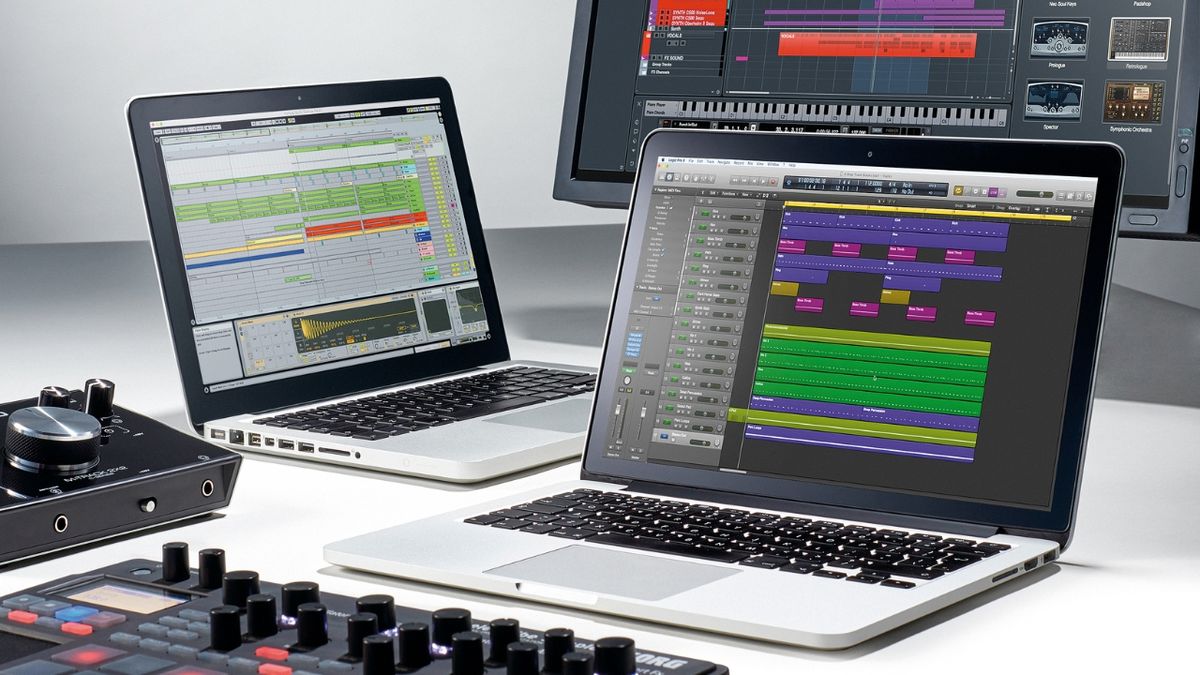
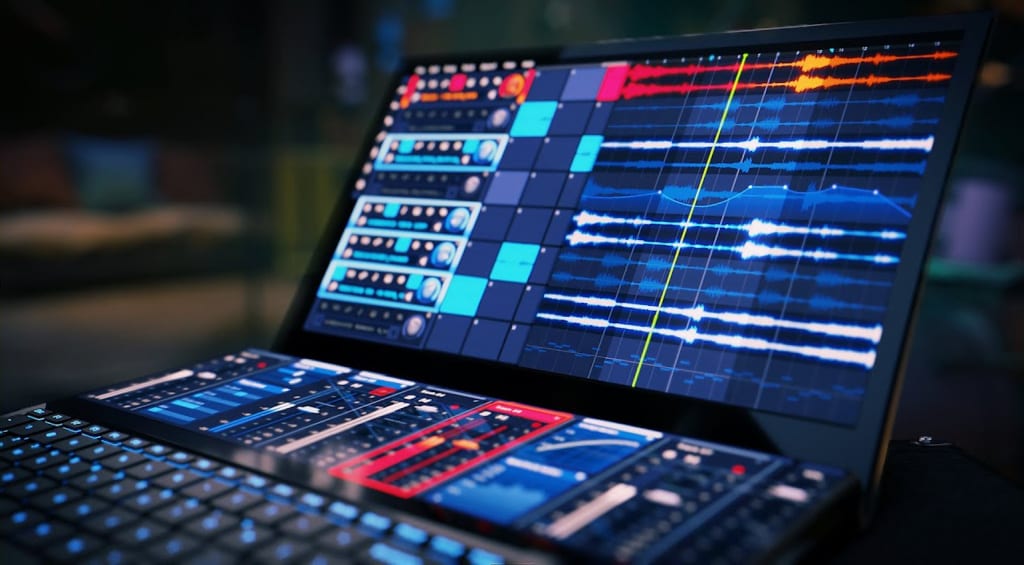
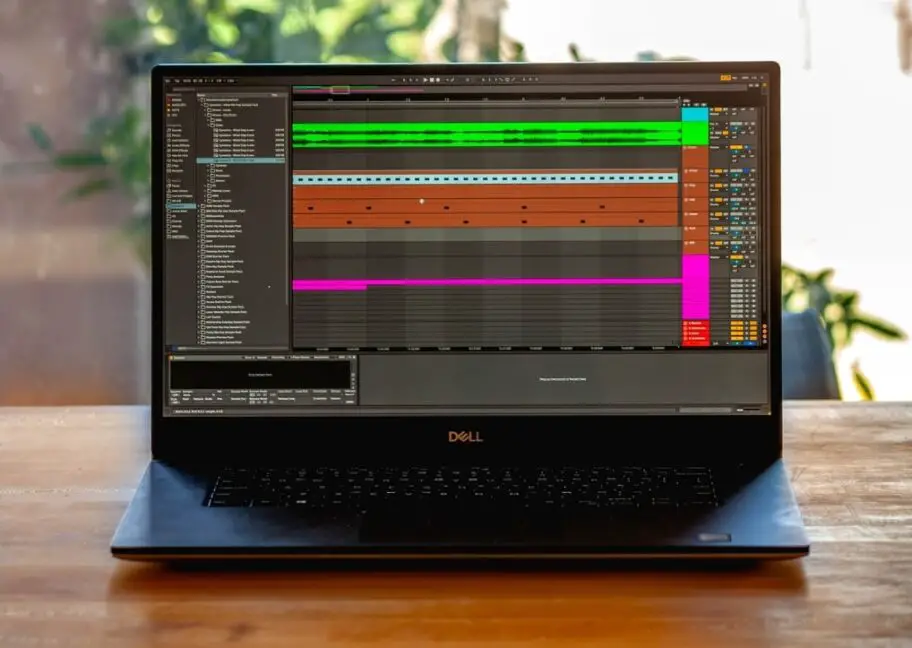
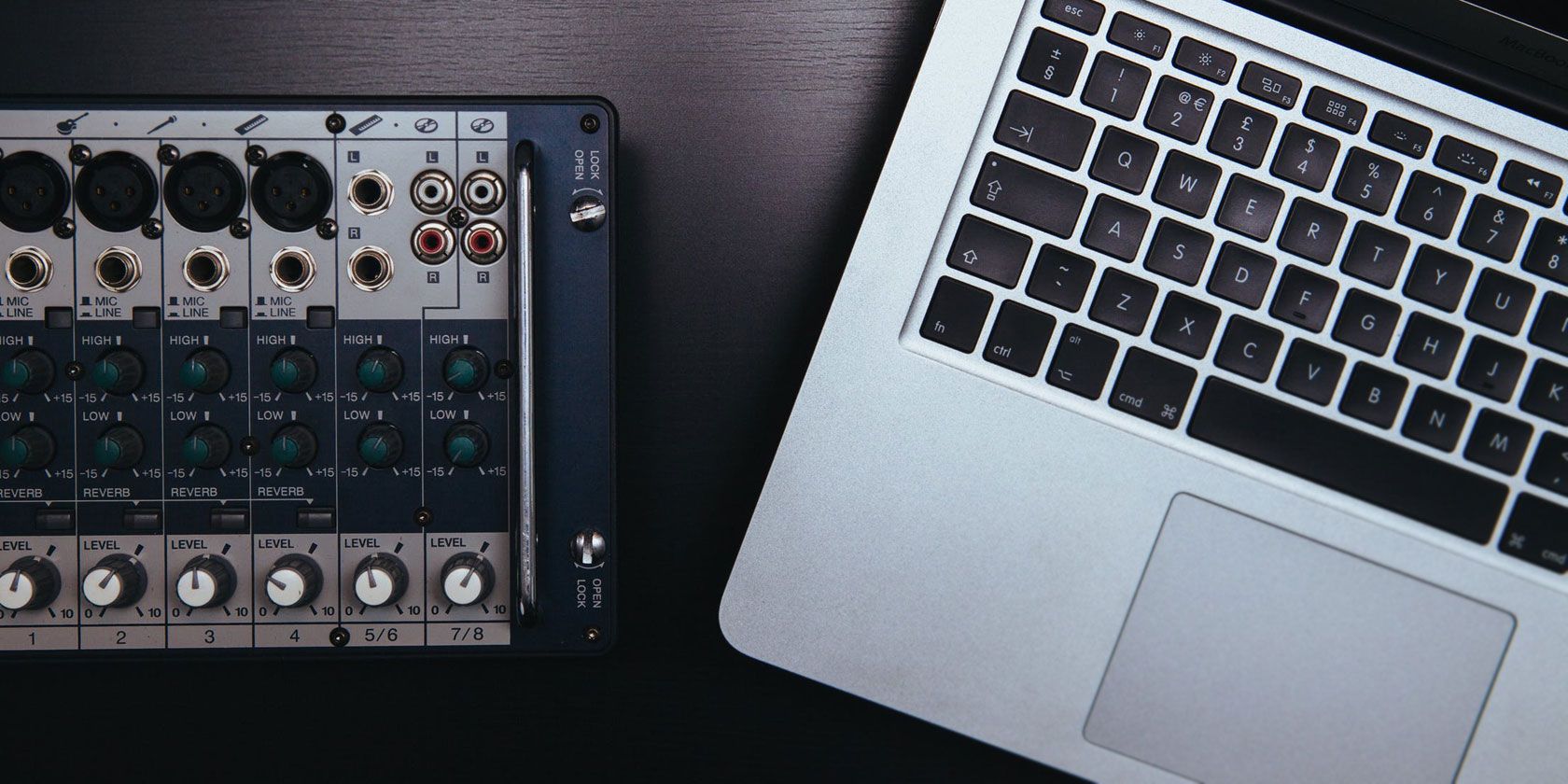

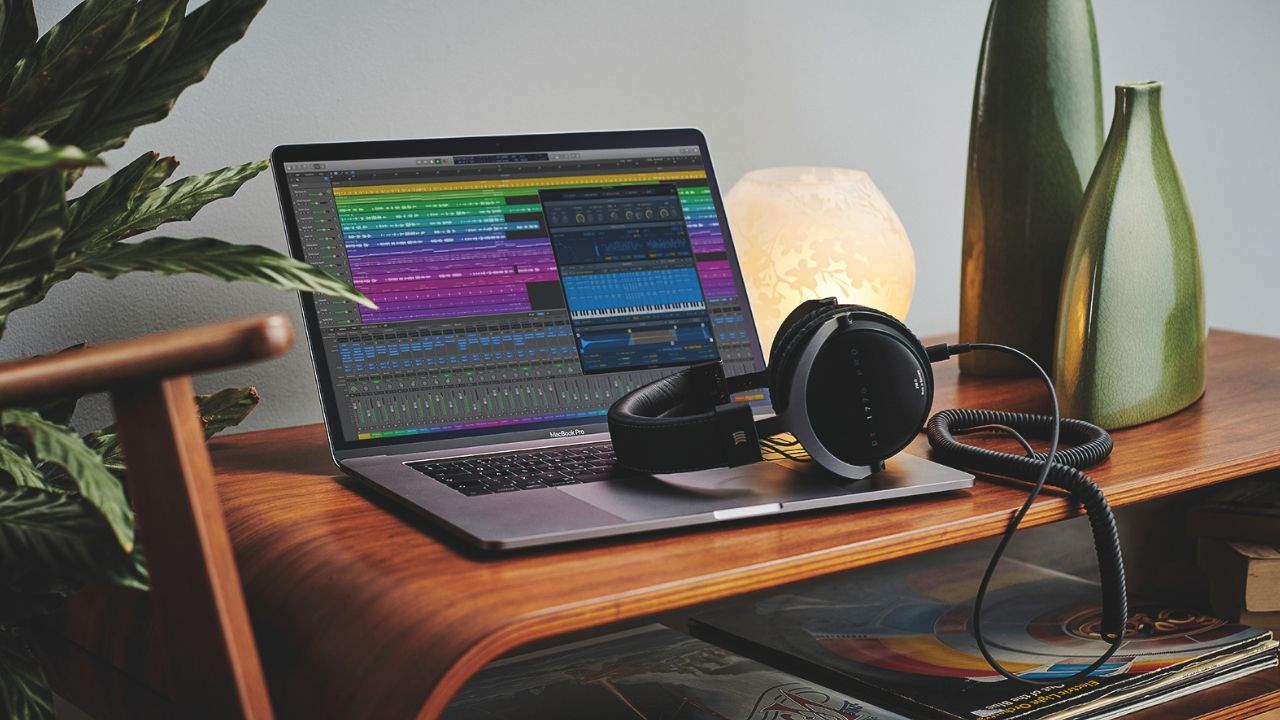


![Best Laptops For Music Production Best laptop for music production [2022 Edition] | Audio Buzz](https://www.audiobuzz.com/wp-content/uploads/2022/05/best-laptops-for-music-production-1.jpg)
